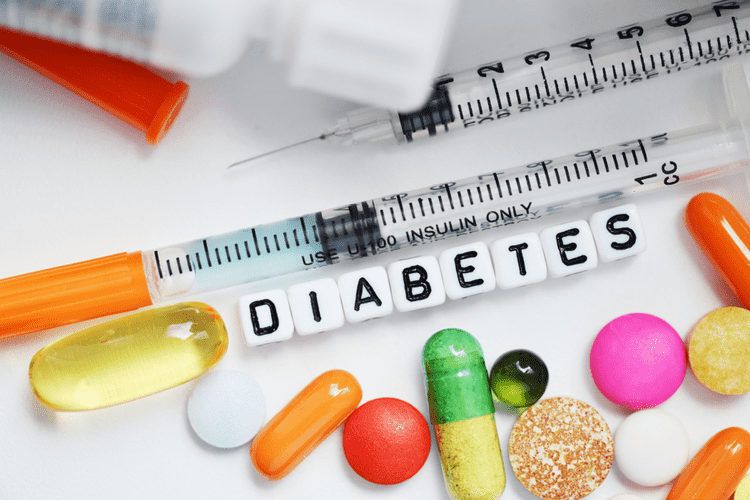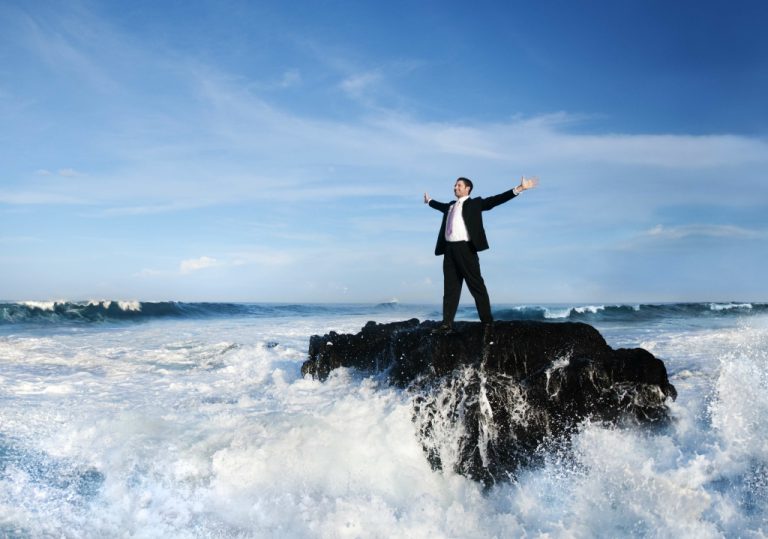If you have trouble sleeping and rely on booze to fall asleep, this may cause you to drink more to get the sleepiness effects you used to feel. It could cause sleep disturbances long after you’ve drunk it. If you have a restless night after a drink or two, you might reach for an extra cup of coffee the next day to combat daytime sleepiness.
Step 4: Change your sleep habits

Falling asleep and getting a full night’s rest are real problems that need to be managed effectively to maintain sobriety. Thankfully, sleeping without alcohol is an achievable goal if you follow several recommended strategies. In a normal circadian rhythm, hormones are released at certain times throughout the day.
The Benefits of Mindfulness and Relaxation Techniques
These include breathing issues like sleep apnea, which is linked to drinking. A common complaint of people who are trying to quit drinking, or looking for reasons to keep drinking and are hesitant to try, is that they can’t sleep without alcohol. While this is not a comprehensive picture of the chemicals involved in alcohol withdrawal, skewed levels of any of the above are very common after quitting drinking and can cause insomnia. In the first half of the night, when the body is metabolizing alcohol, studies show people spend more time in deep, slow-wave sleep and less time in REM sleep. It may sound like a good idea to spend more time in deep sleep. REM sleep, which gets shortchanged in the first half of the night under the influence of alcohol, is important for mental restoration, including memory and emotional processing.
Waking Up At 4am Every Day? Here’s Why
A sleep specialist may recommend lifestyle changes, such as improving sleep hygiene, implementing relaxation techniques, or adjusting your sleep environment. They may also explore any underlying sleep disorders that could be contributing to your difficulty falling asleep without alcohol. By working closely with a sleep specialist, you can receive expert guidance and support in overcoming your reliance on alcohol as a sleep aid. When it comes to falling asleep without relying on alcohol, there are several natural methods that can help promote better sleep. In order to improve sleep quality and break the reliance on alcohol for falling asleep, it is important to establish good sleep hygiene practices. This involves adopting habits and creating an environment that promote restful sleep.
- Shaking this addiction and learning to sleep without alcohol can be difficult.
- The gut and its microbiome are often referred to as the body’s second brain, and operate under powerful circadian rhythm activity.
- To plan ahead, think about what you’re doing at times when you tend to feel relaxed.
- Meditation and mindfulness can help reduce anxiety, which can often disrupt sleep.
- Many alcoholics are deficient in B-vitamins, which can lead to various psychological disturbances including insomnia.
He personally notices mood changes and feels more alert and focused. While he has always been a sound sleeper, he doesn’t wake up as much throughout the night when he isn’t drinking. This article discusses how alcohol affects sleep and the disruptions you might continue to experience after you quit drinking.
Alcohol can cause sleepiness and may initially have a sedative effect. This is because it depresses the central nervous system and enhances the effects of the GABA neurotransmitter, which slows brain activity. Research has found that people’s ability to remember, pay attention, and carry out cognitive functions can’t sleep without alcohol declines with a lack of sleep. Alcohol consumption can lead to a lack of sufficient quality sleep, which can seriously affect cognitive functions such as learning and memory. Alcohol consumption can lead to worsened snoring and induce sleep apnea, which prevents oxygen from reaching the body during sleep.
It’s always important to self-analyse and honestly assess your behaviours. When it comes to alcohol and sleeping, it shouldn’t be difficult to recognise if the two things have become inextricably linked. Remember that morning last week when you woke up exhausted even though you had a full night’s sleep? Getting to sleep naturally is the best way to ensure that the mind and body get the rest they need. In a 2019 study, subjects who listened to music before bed reported sleeping better than those who did not.

Does Sudafed keep you awake? Is Sudafed OK before bed?
Research shows alcohol can impact your sleep even if you stop drinking six hours before bed. Good sleep hygiene will help you fall asleep faster and stay asleep longer, so you don’t need to have something before bed for sleep. Whether you’re a casual drinker or experiencing alcohol abuse problems, you can break the habit and start falling asleep without needing a drink first. Figuring out how to sleep without alcohol can be an exhausting process in its own right.

